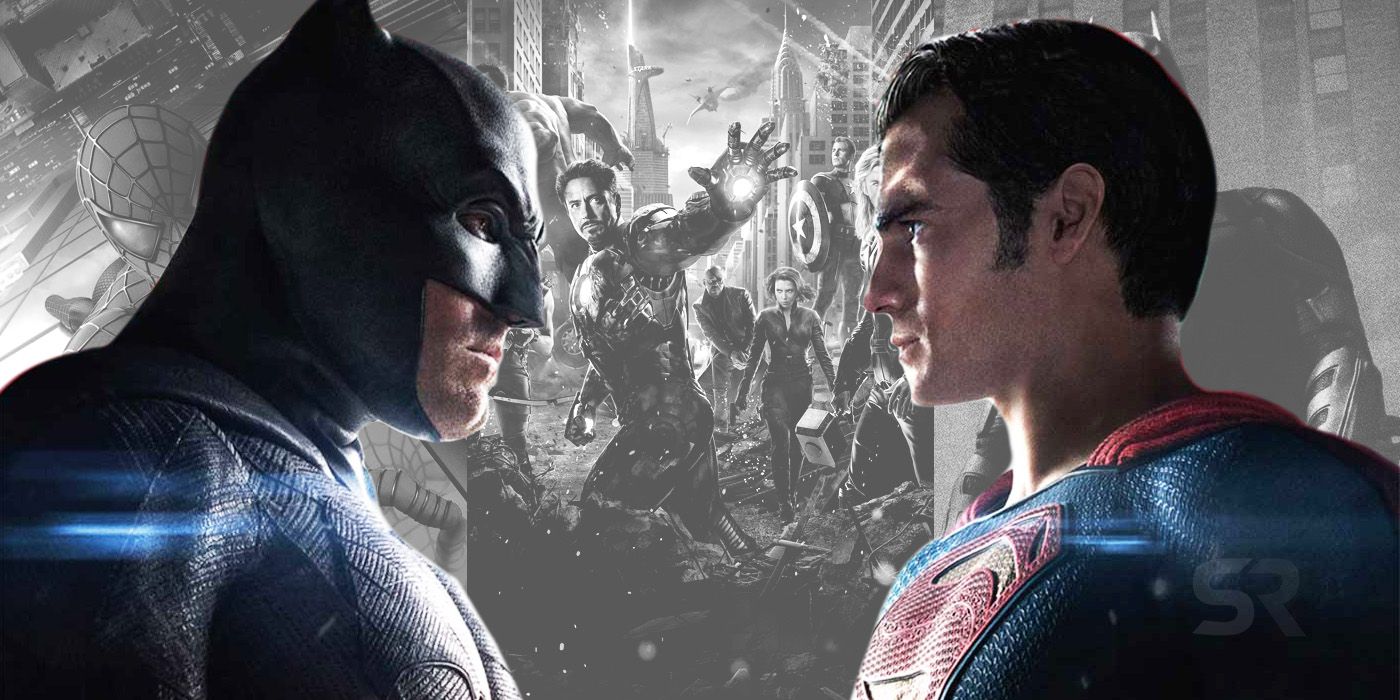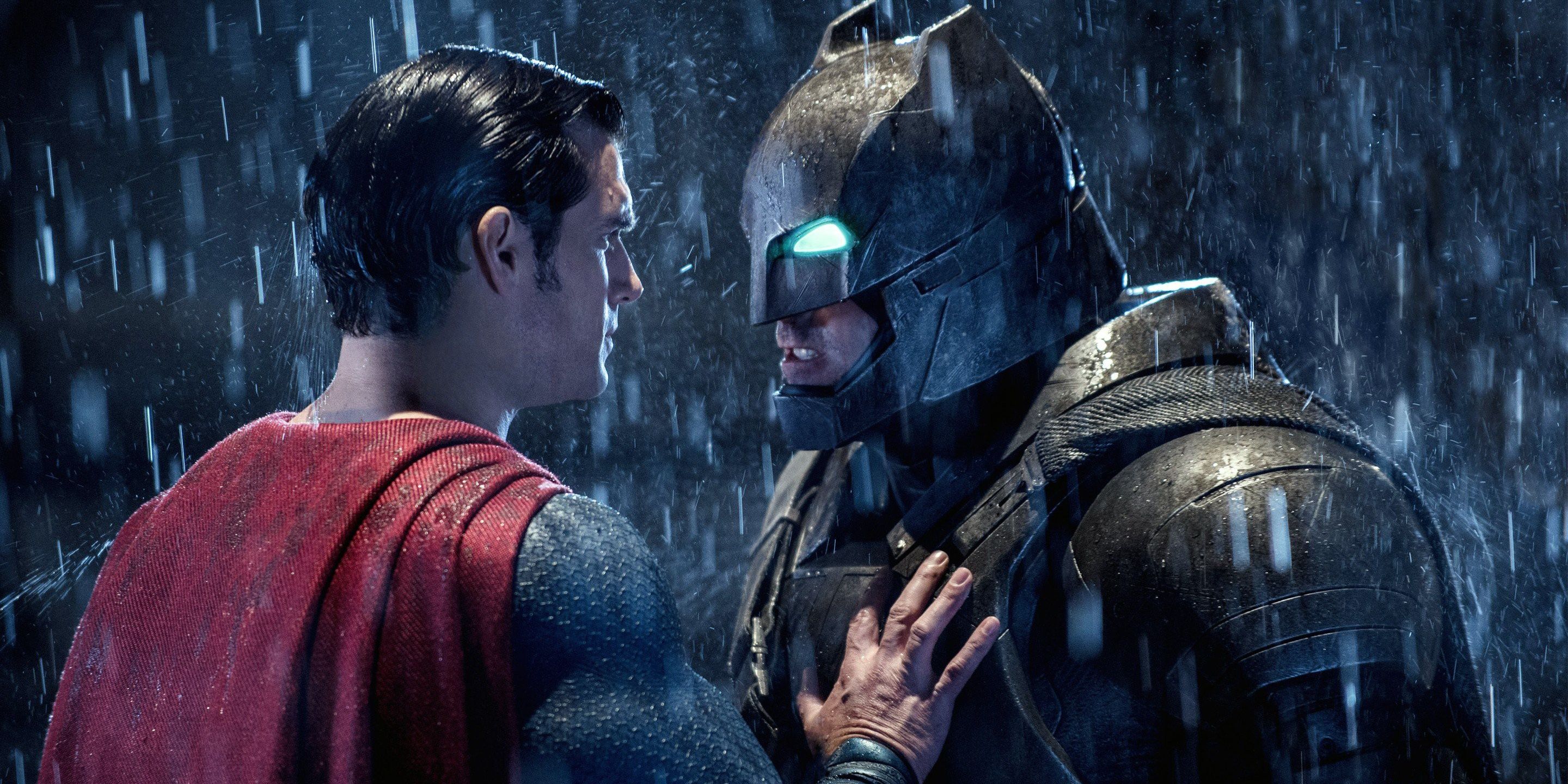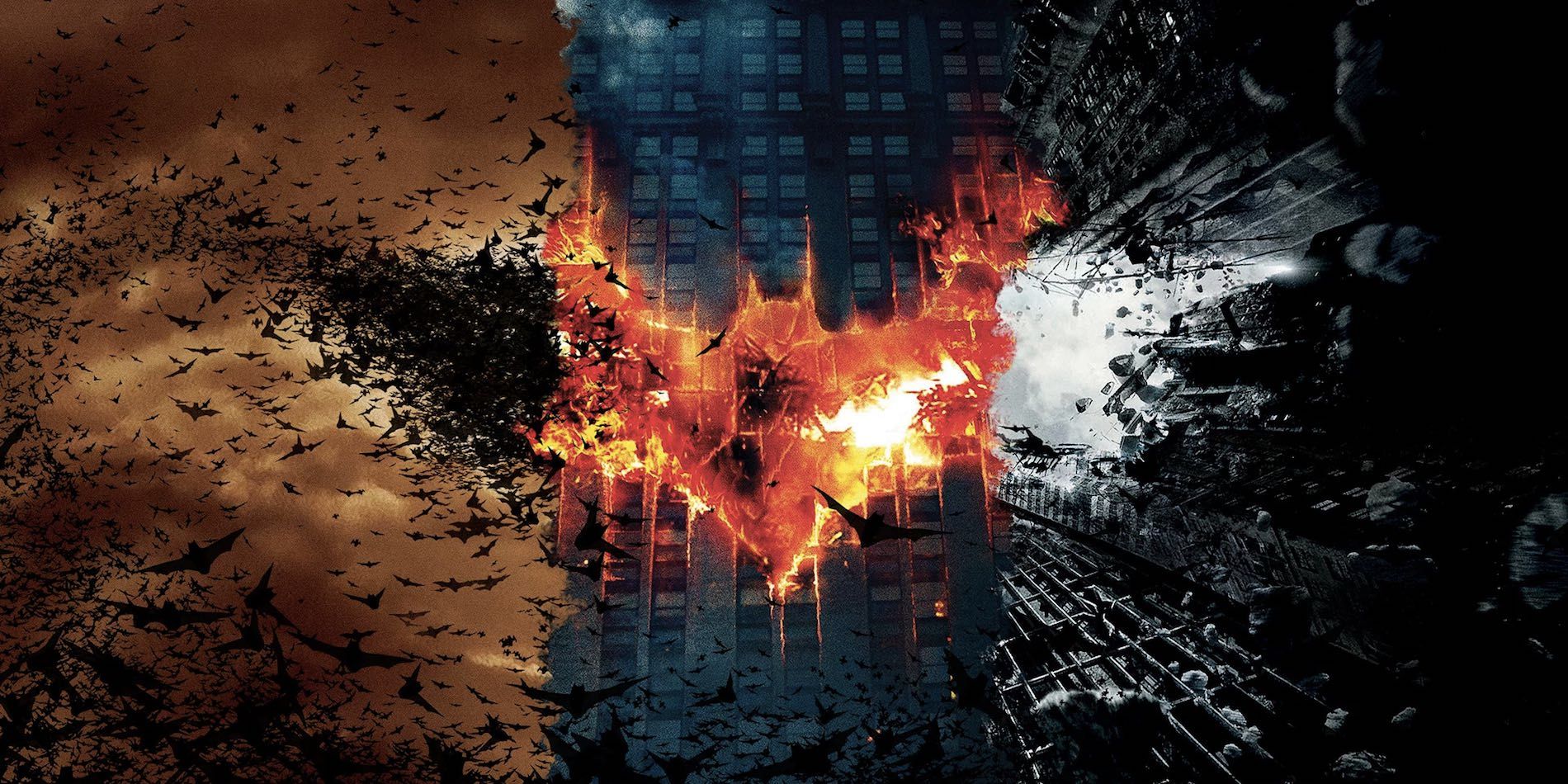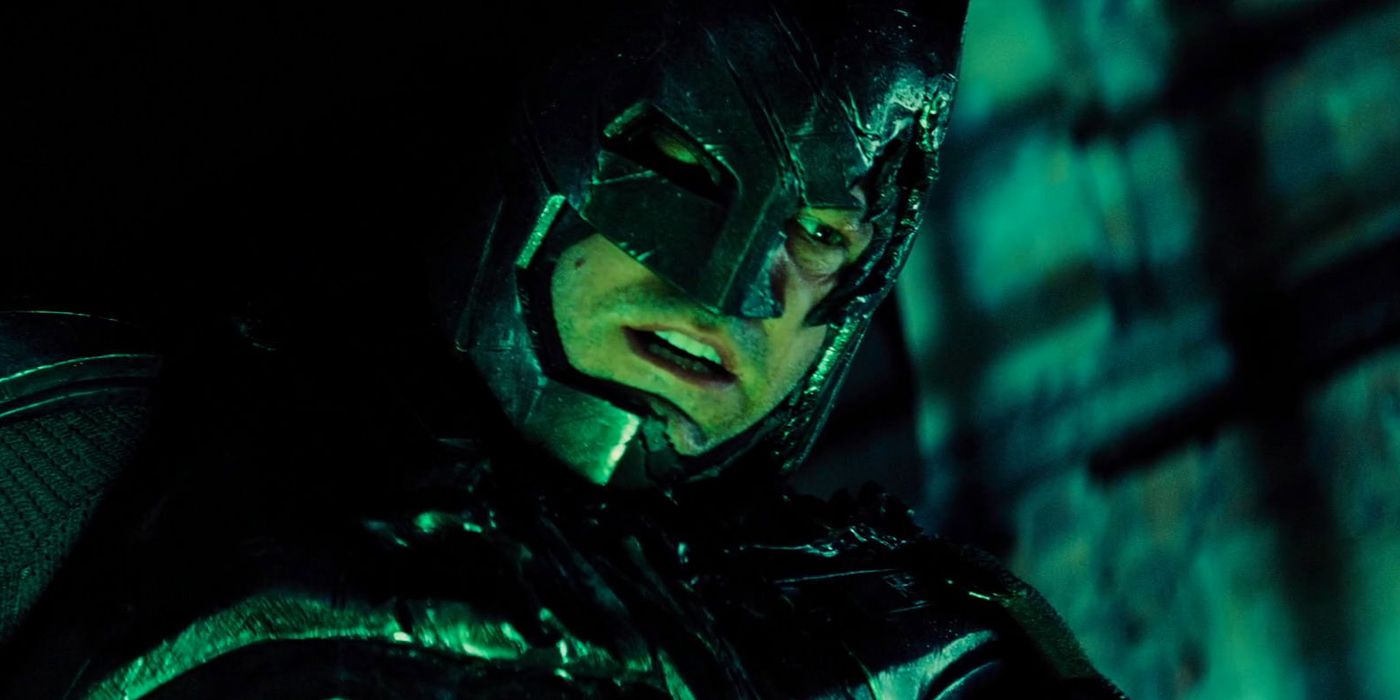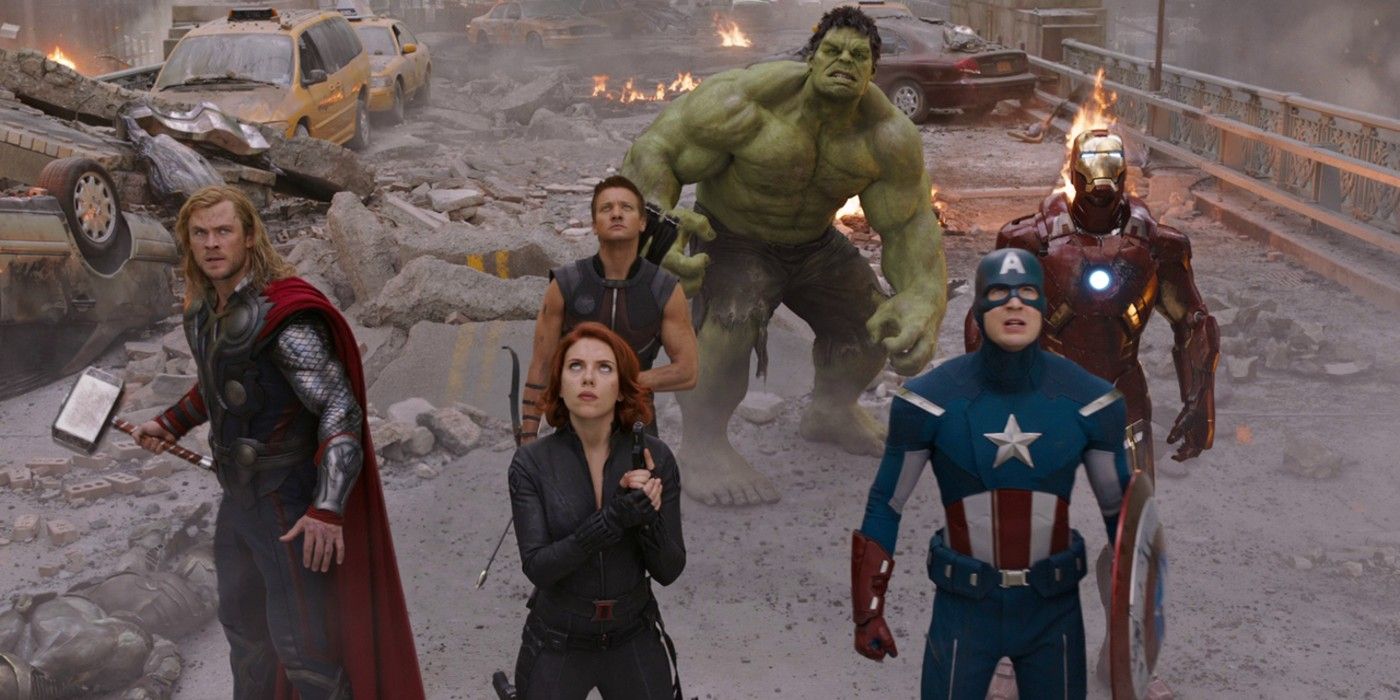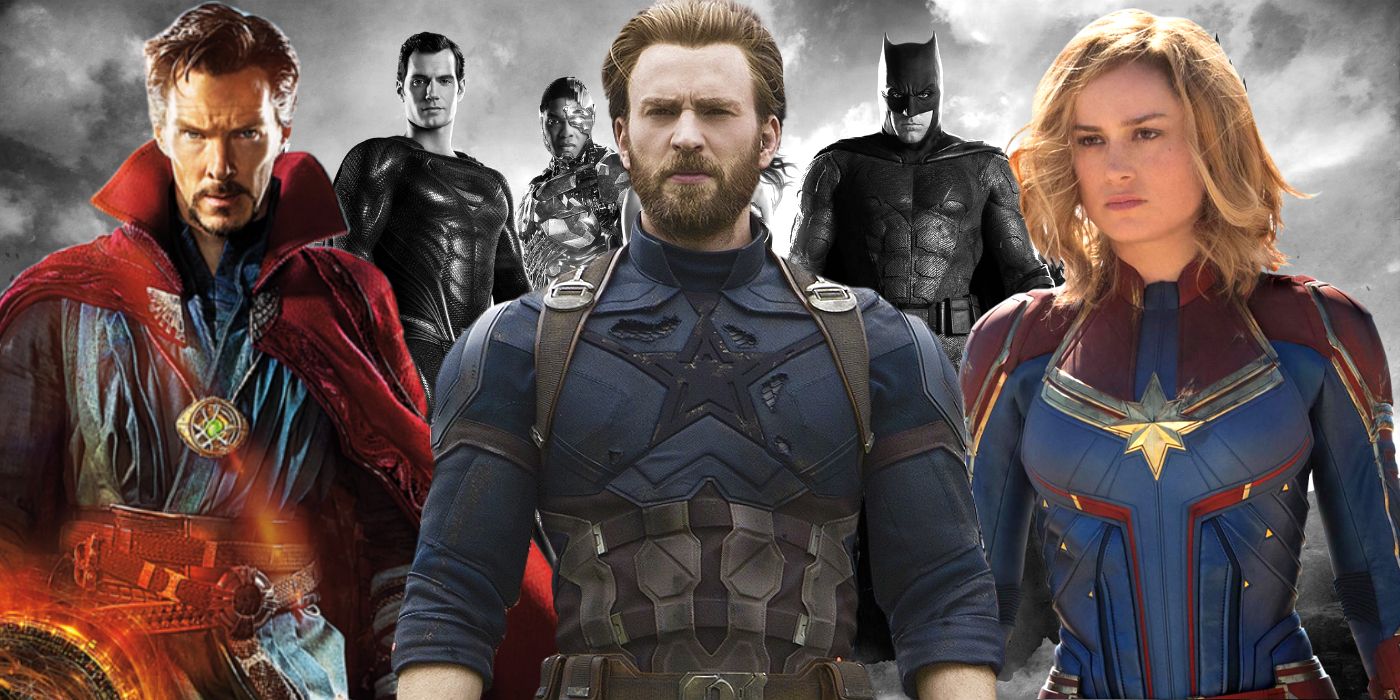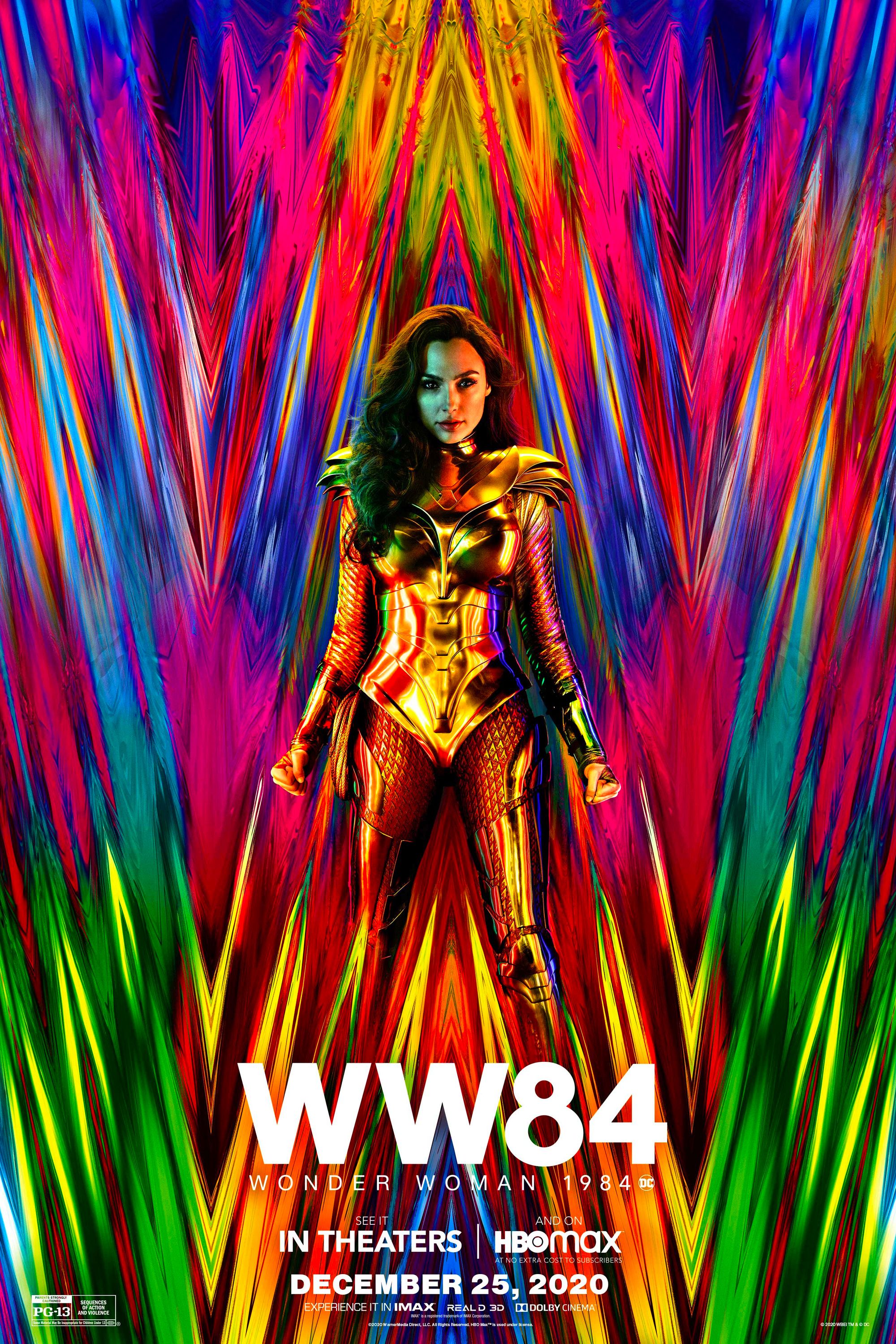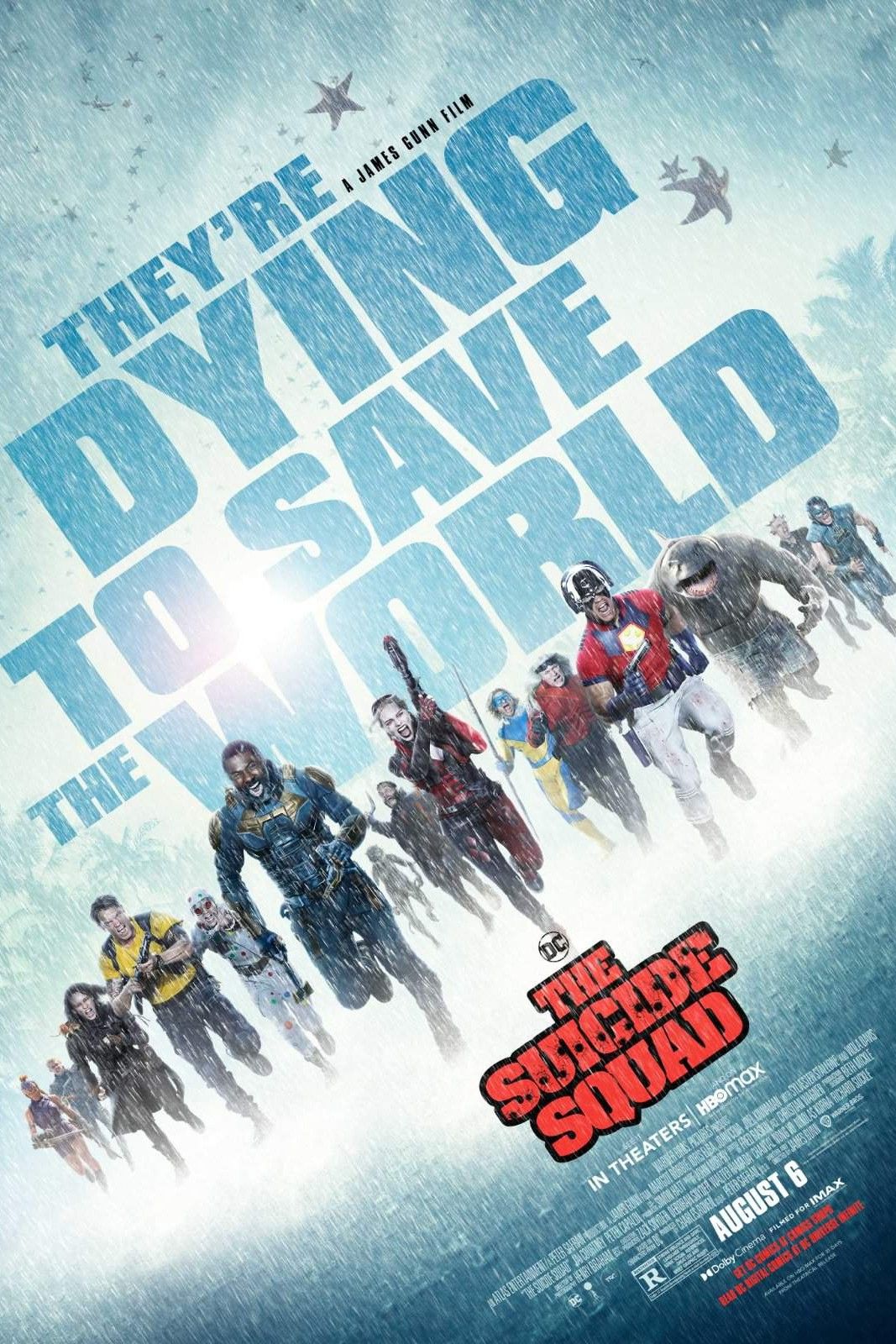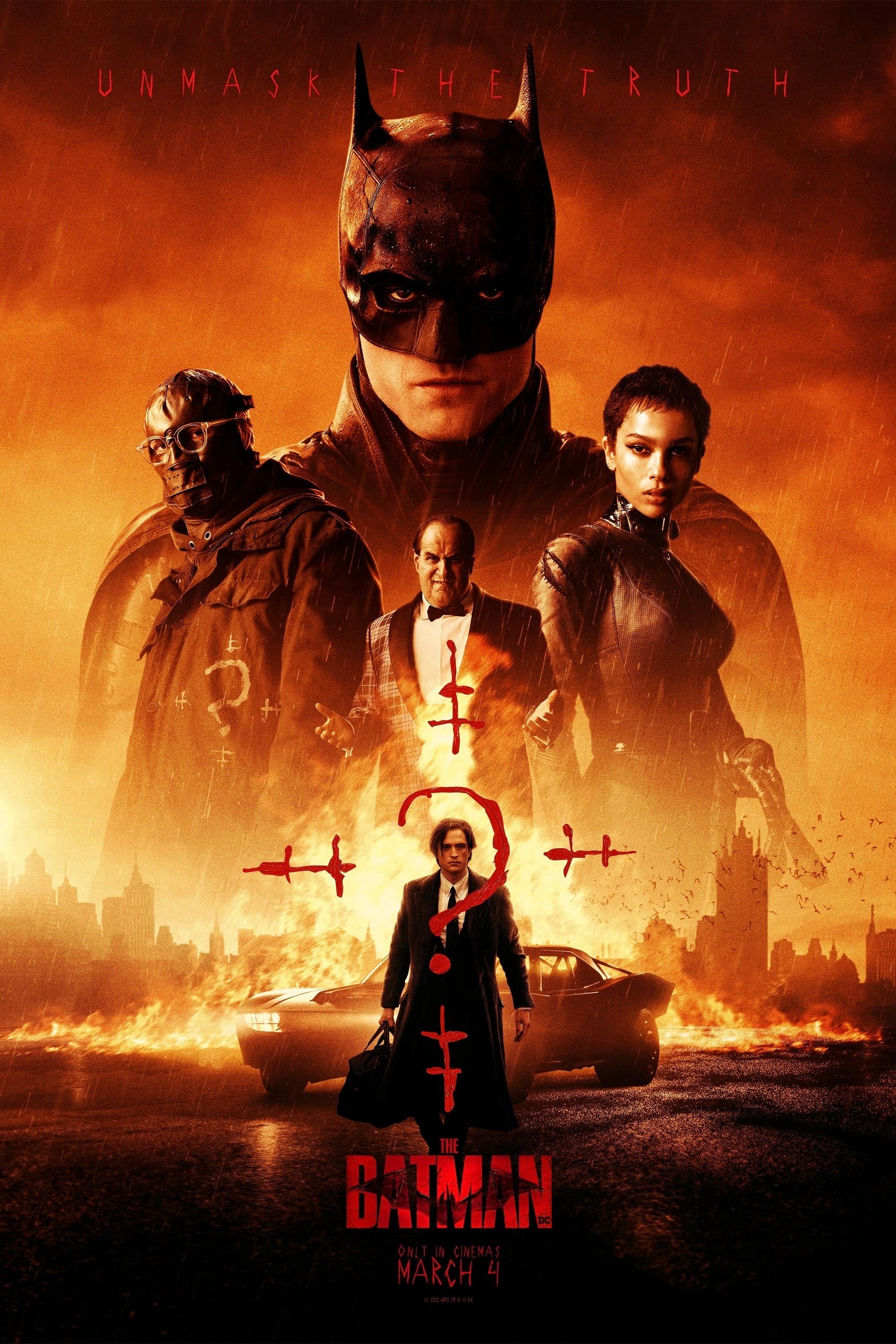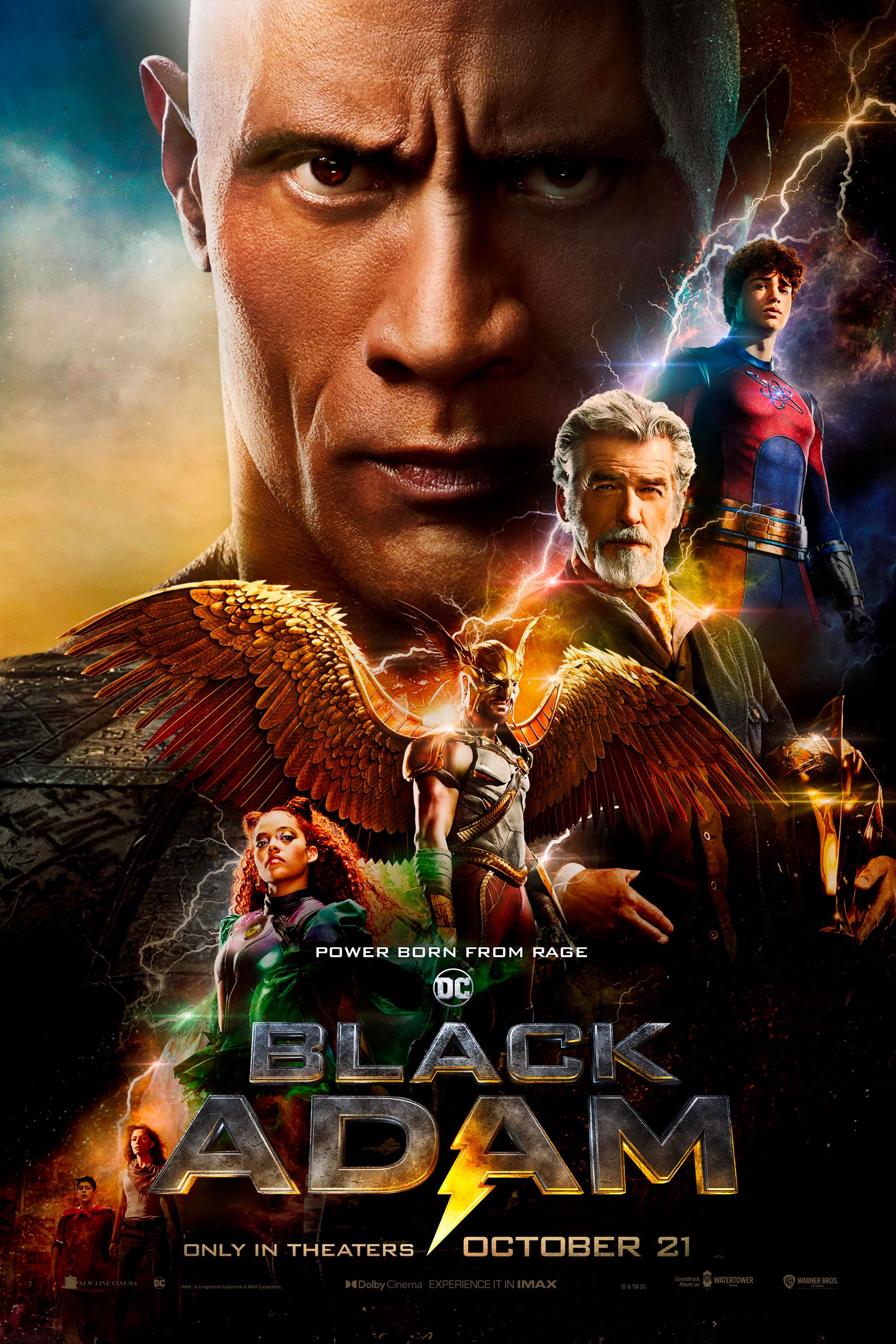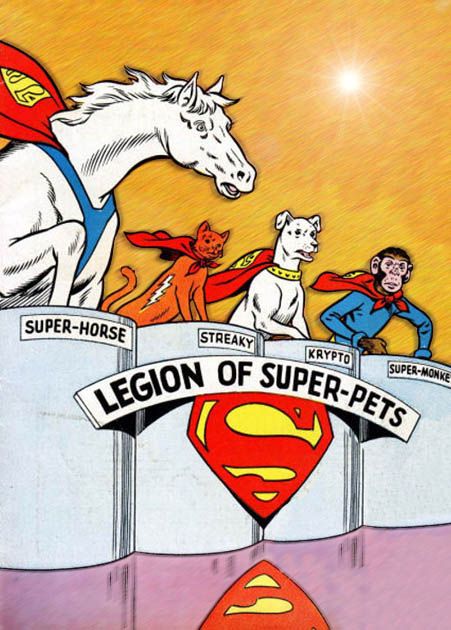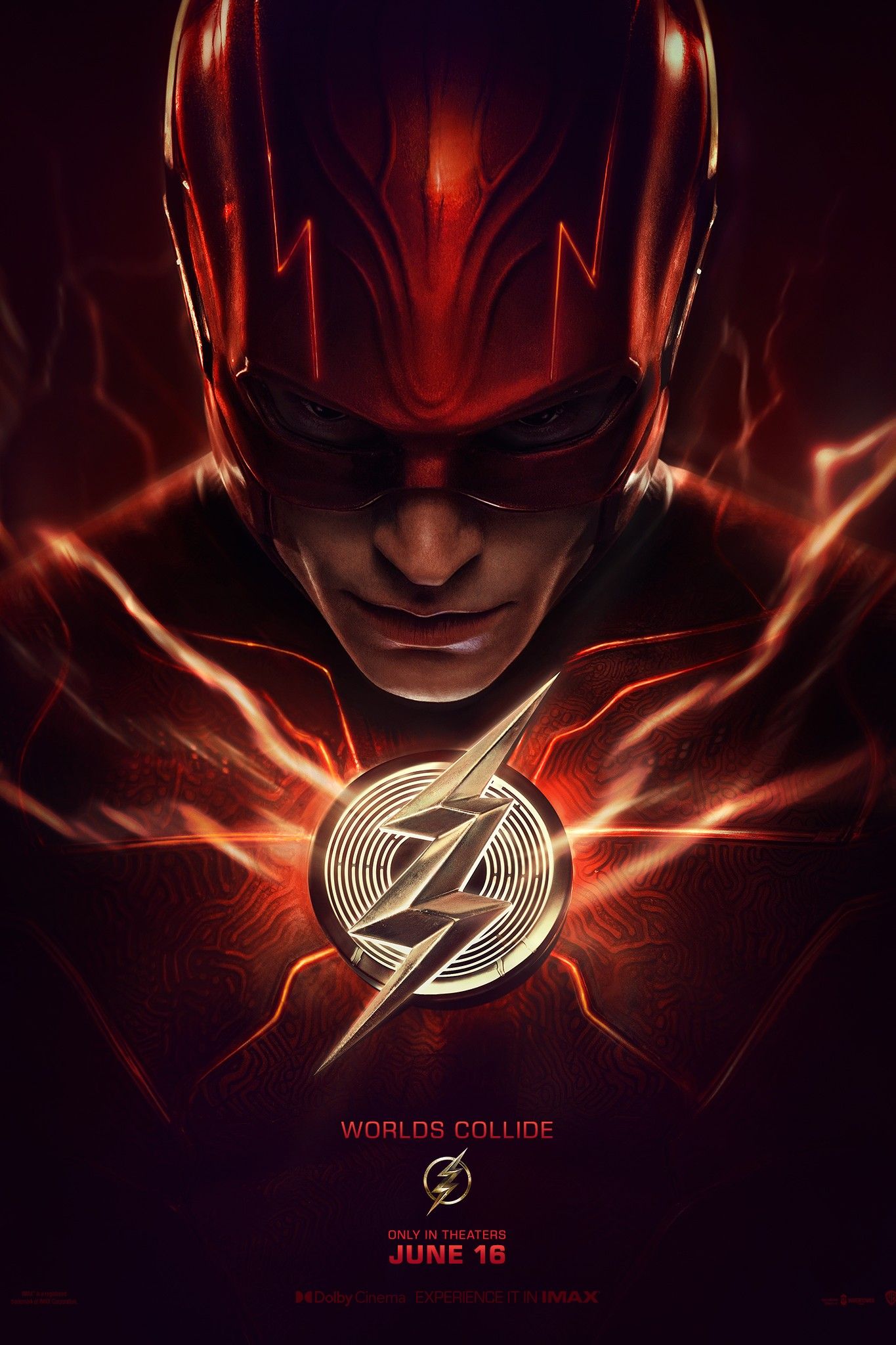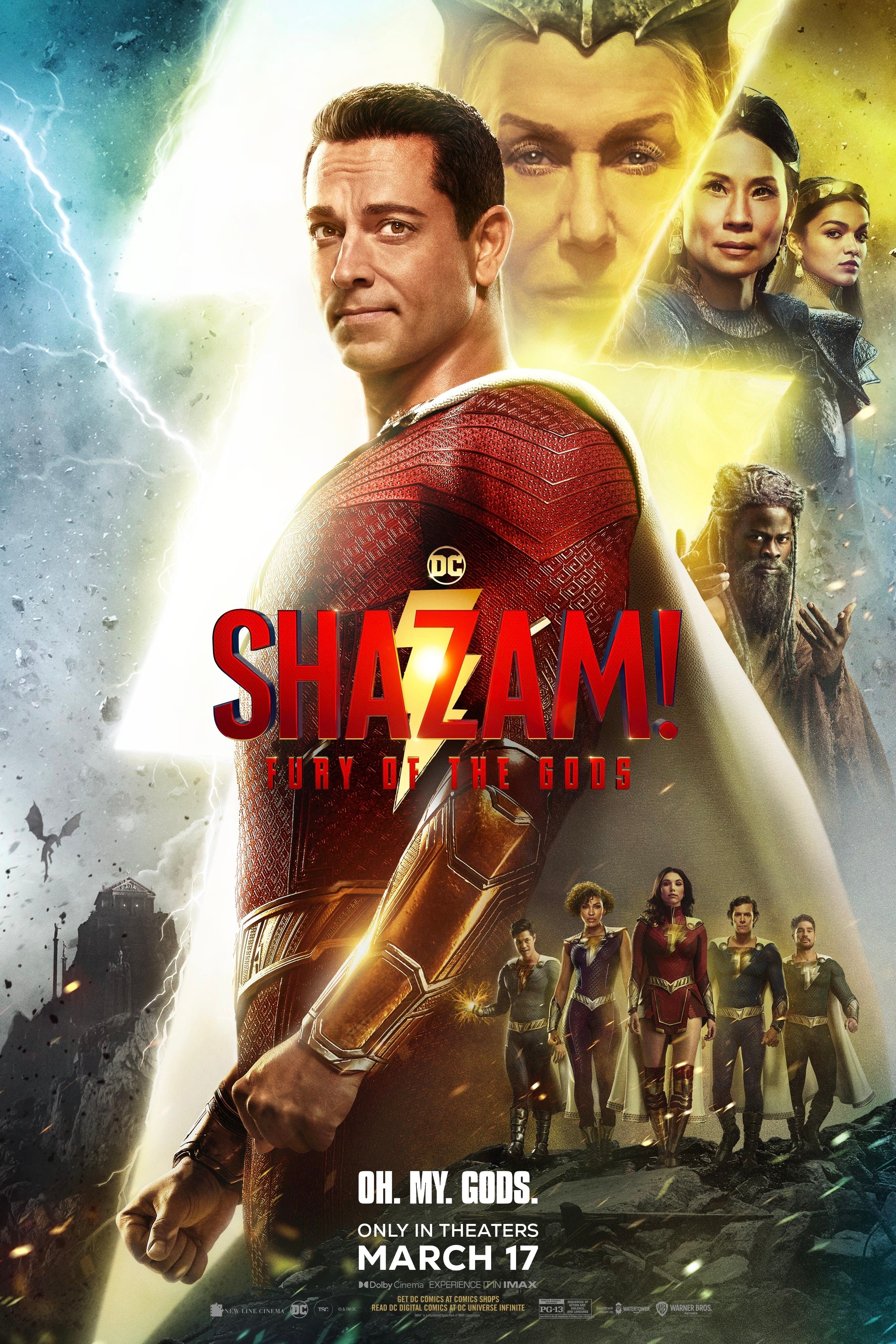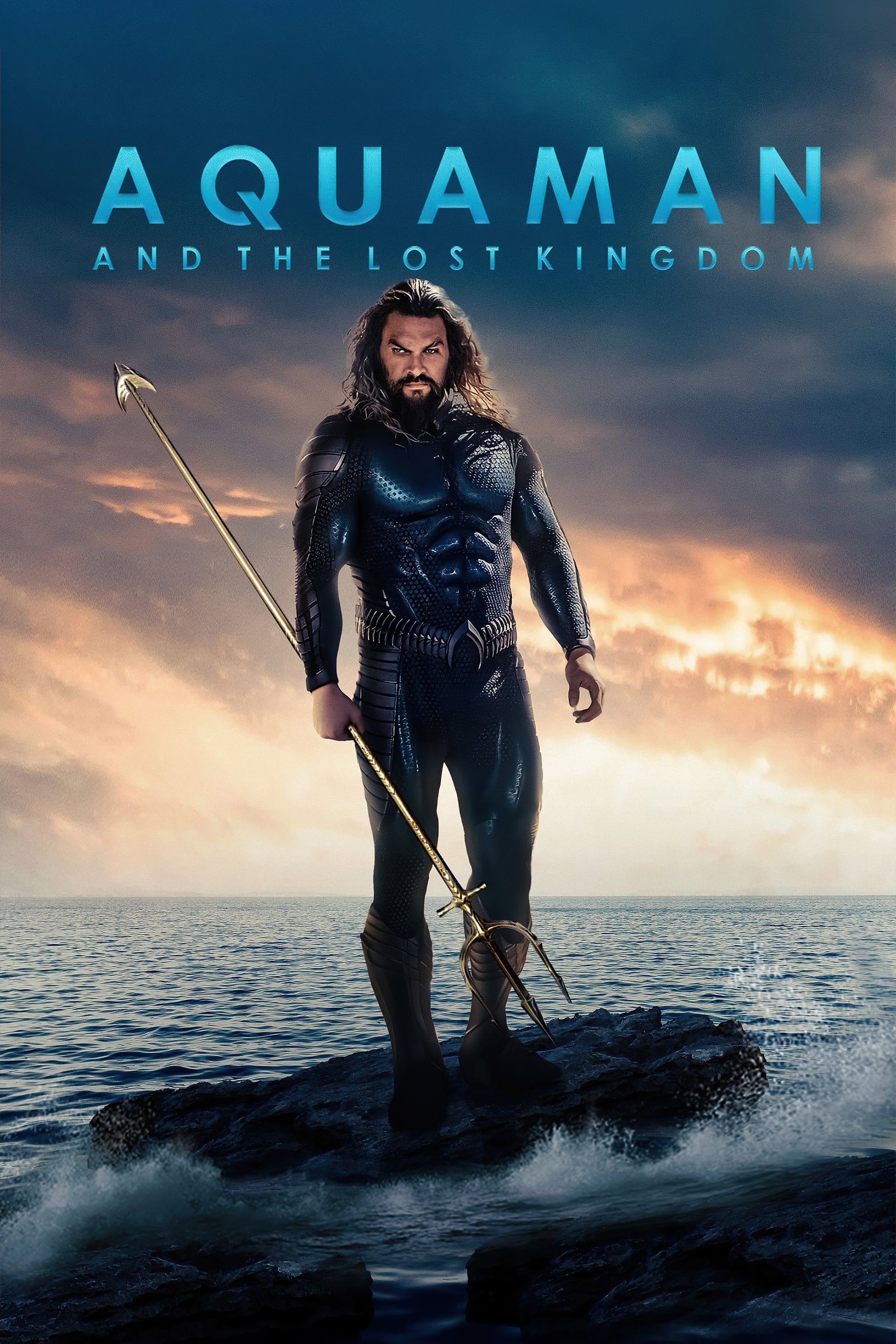Batman v Superman almost happened in the early 2000s, and it would have changed the superhero genre completely, including the Marvel Universe. Superhero movies have become very popular in recent years thanks to the Marvel Cinematic Universe and DC’s movie universe (unofficially titled DC’s Extended Universe), proving that superheroes are still profitable and that audiences are still interested in seeing their stories on the big screen.
Over at DC’s realm, the DCEU is currently going through big changes after its first movies didn’t perform as expected. This universe began in 2013 with Zack Snyder’s Man of Steel, and the subsequent movies ended up dividing critics and fans, as was the case with Batman v Superman: Dawn of Justice and Suicide Squad. After the release of Justice League and how badly it was received, Warner Bros. began to make changes to the DCEU’s style, to the point where some characters will go through full retcons, as is the case of Bruce Wayne/Batman, now played by Robert Pattinson.
The DCEU’s fall can be traced back to Batman v Superman, as Man of Steel was better received and fans were hoping for a proper sequel to it. Batman v Superman was criticized for being too somber (which ended up hurting David Ayer’s Suicide Squad), its story, pacing, and its interpretation of the title characters – and, of course, there’s also the “Martha moment”, which was the last straw in an already over-complicated and nonsensical plot. Batman v Superman also had the task of setting up the rest of the DCEU by introducing a new Batman, Wonder Woman, and with cameo appearances of Aquaman, the Flash, and Cyborg.
Batman and Superman’s battle on the big screen was not what fans were expecting, but as it turns out, it was originally going to be very different and released way earlier – and had it happened that way, the superhero genre wouldn’t be what it is today.
Batman v Superman Almost Happened In 2001
Plans to make a Batman v Superman movie go all the way back to the early 2000s. At the time, the last time Superman was on the big screen was in 1987 with Superman IV: The Quest for Peace, and Batman had gone through one of its worst adaptations in Batman & Robin, released in 1997. Neither of those was the success the studio was hoping for: Superman IV was Christopher Reeve's final Superman film, but it was a critical and commercial failure, and it’s considered one of the worst films ever made, just like Joel Schumacher’s Batman & Robin. Still, Warner Bros. insisted on capitalizing on the popularity of these superheroes and was looking for ways to bring them back – and what better than to do so in the same movie.
The Batman v Superman from the 2000s was originally pitched by Se7en writer Andrew Kevin Walker, but his idea was too dark, so Warner Bros. brought Akiva Goldsman (who wrote Batman Forever and Batman & Robin) to rewrite the story. As for who would direct this project, Wolfgang Petersen was all set to take that mission. Details on the plot of this version of Batman v Superman – which had the working title Asylum – have come to light over the years, and it still would have been a pretty dark story. In it, Batman (played by Colin Farrell) had been retired for five years, following the deaths of Dick Grayson, Jim Gordon, and Alfred Pennyworth, while the Joker was presumed dead after falling to his death at the end of the 1989 Batman movie (his headstone had the name “Jack Napier”). Among the reasons Bruce decided to quit being Batman was that he feared he would start killing his enemies and going after revenge rather than justice. Bruce even married Elizabeth Miller, and Clark Kent (Jude Law) was his best man.
Meanwhile, in Clark’s life, he would have been going through a divorce from Lois Lane and spending time around Smallville reconnecting with Lana Lang. The trigger of the story would have been the murder of Elizabeth by the Joker, who had been brought back to life by Lex Luthor, somehow. Superman would then learn that the terrorist he once stopped a mob from murdering was the Joker, so in a way, he’s responsible for the Joker’s return as he saved his life. Bruce then goes back to being Batman and is determined to kill the Joker, but Superman won’t let him become a murderer, and so they fight. Even though they both know their fight is pointless, Batman tries to kill Superman with kryptonite.
When Batman finally confronts the Joker, the latter reveals that Elizabeth was his creation, so his whole concept of a happy life was a lie. The proof of this was a ring she gave Bruce with the Joker’s face engraved inside of the band – and yet Batman, the great detective, missed that. Superman then helps Batman take down the Joker and Luthor, and manages to talk him out of killing the Joker by telling him people have a right to choose, and that he should take off the mask so he can do it “as the man who’s going to live with it for the rest of his life”. Again, there weren’t strong arguments to make these two characters fight each other, so in that sense, it wouldn’t have different from what the DCEU did.
There’d Be No Dark Knight Trilogy or Superman Returns
Christopher Nolan’s Dark Knight trilogy and Bryan Singer’s Superman Returns ended up being Warner Bros.’ ways of rebooting the characters after the aforementioned Batman v Superman: Asylum was scrapped – meaning that, had Warner actually moved forward with it, Nolan and Singer’s projects would have never happened. Prior to Batman Begins, Warner attempted to bring the Caped Crusader back to the big screen with a movie loosely based on Batman: Year One and with Darren Aronofsky as director; over at Superman’s world, J.J. Abrams’ Superman: Flyby was greenlit and got a 2006 release date. Batman: Year One was scrapped and Nolan’s Batman Begins happened instead, and Abrams dropped out from Superman: Flyby in 2004, and Warner then went with Singer’s pitch for Superman Returns.
The Dark Knight trilogy and Superman Returns happened because the studio failed to reboot the stories of these characters earlier, but if it had made Batman v Superman: Asylum, these movies wouldn’t have been necessary. Supposing Asylum would have flopped, there wouldn’t have been enough time for the studio to reboot the characters yet again, and they would have had to wait years to do so – and Nolan and Singer surely had other projects lined up.
Superhero Movies Would’ve Become Darker Sooner
As mentioned above, Walker’s pitch for Batman v Superman: Asylum was deemed too dark, but judging by what’s known about Goldsman’s version, it would have still been too somber (perhaps even more than Snyder’s Batman v Superman). Although Burton’s Batman movies weren’t exactly cheerful and colorful, Asylum would’ve taken it to another level, marking a turning point in the superhero genre. Nolan’s Dark Knight trilogy is regarded as the one that made way for “dark and gritty” superhero movies, as it brought a more realistic version of the Caped Crusader, and that trend can still be seen to this day, not only on DC’s side but also Marvel’s.
The tone of Batman v Superman: Asylum would have inevitably impacted subsequent superhero movies, such as Sam Raimi’s Spider-Man trilogy, Singer’s X-Men movies, and even the Marvel Cinematic Universe. The projected release date for Asylum varies depending on who you ask, but what’s sure is that the first Spider-Man movie would have been done before the world could see Batman fighting Superman. Asylum’s tone (supposing the movie was well received) would have influenced the one in Spider-Man 2, so Marvel fans could have gotten a darker story. The X-Men franchise would have also gone on a grittier path way earlier, and depending on Asylum’s release date, the 2005 version of Fantastic Four (that one with Chris Evans as Johnny Storm) would have been affected as well.
Although it would have happened before the MCU was even a concept, it would have influenced its approach too – after all, it’s a constant competition in the film industry, and the MCU would have looked to go beyond what Asylum did. Only recently the MCU has begun to explore stories that are a bit darker yet nothing compared to what the DCEU tried to do with its early films (and definitely not to what Nolan did), and with Asylum out in the early 2000s, the MCU wouldn’t have waited to bring a grittier Iron Man, Captain America, and Thor.
Teamups Would Be Less Novel For Marvel
The Avengers was a highly anticipated movie because it featured all those Marvel heroes coming together to save the world. Team-ups weren’t common at the time, and groups like Fantastic Four hadn’t had been successful on the big screen, so The Avengers became a very big deal back in 2012 – but it wouldn’t have been like that had Batman v Superman: Asylum been made a decade earlier. Pitting the two biggest superheroes in history against each other would have been a big event in the early 2000s, as it would have been like nothing done before, thus making the Avengers team-up not as relevant as it was, but it wouldn’t have stopped Marvel from bringing its heroes together.
Asylum could have started the team-ups trend way earlier, even possibly making way for a Justice League movie (as was the case with Dawn of Justice) or even leading to the MCU bringing the Avengers to the big screen much sooner – after all, Asylum wouldn’t have had any previous movies introducing the new Batman and Superman. Again, this supposing the movie would have been a success, as its failure would have stopped any team-ups on DC’s side for a while, and quite possibly further motivated those from Marvel to prove that there can be great superhero team-ups in cinema. Of course, Asylum would have also impacted the DCEU, as it’s unlikely Warner would have gone for another version of Batman v Superman (whether the first one was successful or not), and so it would have a very different lineup of movies.
Batman v Superman Could’ve Slowed the Superhero Boom (If It Failed)
Batman v Superman: Asylum would have changed the superhero genre completely no matter if it succeeded or failed. In the worst case, it would have slowed down DC’s movies, as Warner Bros. would have needed time to recover, just as it did after Superman IV and Batman & Robin, and it would have thought twice about making another team-up movie. It’s hard to say how long it would’ve taken it to bounce back, as there’s no pattern or rule as to how long a studio should wait before attempting a reboot, and competition also plays a role in this (as in: how soon the MCU would have happened then). What’s for sure, as explained above, is that the Dark Knight trilogy and Superman Returns wouldn’t have happened, and they played a key role in the popularity of superhero movies.
While its success would have influenced Spider-Man 2 and the X-Men franchise, so would have its failure. Spider-Man 2 would have had the tough task of saving the genre from further disgrace, made even more difficult by a demanding audience, and the X-Men series would have probably had to make changes to its style, most likely slowing its big break (which came in 2003 with X2). As for the MCU, it would have still happened, though it might have taken longer to begin. Plans for what would become the MCU began in 2005 (the same year Batman Begins was released), with Iron Man coming out the same year as The Dark Knight. Marvel could have taken more time to plan out its first wave of films as to learn from Asylum’s mistakes and succeed where it couldn’t. As mentioned above, that could have meant the earlier introduction of the Avengers as to show that team-ups do work, though the studio could have also stuck to the plan the audience now knows, as Asylum didn’t have previous solo movies introducing these new versions of Batman and Superman.
Batman v Superman: Asylum’s failure would have definitely impacted the superhero genre as a whole, with Warner and DC paying extra attention the next time they decided to make a “dark and realistic” superhero movie and thinking twice about another team-up – because if the two biggest superheroes can’t succeed on the big screen together, then who can? In the end, Warner Bros. took note of the flaws of Batman v Superman: Dawn of Justice and is now doing things differently, and while those lessons could have come years earlier, it’s never too late to course correct.

